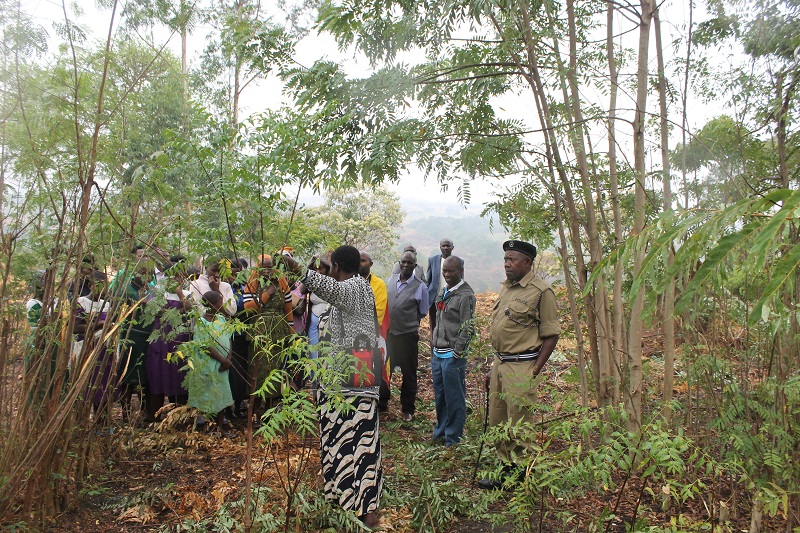Earth Jurisprudence & Rights of Nature

Earth Jurisprudence is both a philosophy and a practice that calls for a transformation from human-centred to Earth-centred ways of seeing and being in the world. It recognises that human laws and governance systems were traditionally derived from and complied with Earth’s laws, which govern life.
The term was first proposed by cultural historian Thomas Berry, who promoted the need for an Earth-centred jurisprudence. He was clear that Earth Jurisprudence, whilst a new term, is not a new philosophy or practice. Indeed, for most of human history we have understood that we are born into this lawful, self-regulating and living being we call Earth or Mother Earth. (For more information: https://www. earthjurisprudence.org)
Earth Jurisprudence questions the very foundations of law – its source and orientation – and invites us to decolonise our thinking and to meaningfully embrace legal pluralism. It affirms that human laws should be aligned with the laws of Nature if we are to live in harmony with our home planet.
Earth Jurisprudence asserts that the Earth is the source of the law and primary text from which humans must read the law. The earth is lawful, self-regulating and orderly. Human societies will only be viable and flourish if they regulate themselves as part of this wider earth community, and do so in a way that is consistent with the fundamental laws or principles that govern how the Universe functions.
The philosophy presents what is called anthropocentrism; the position that human beings are the master and manager of Nature and therefore give rights to Nature. It is this anthropocentrism that has led to human exploitation and consequent destruction of Nature by way of commodifying it. Earth Jurisprudence, instead, calls for Ecocentrism which asserts for Earth -centered laws which put the Universe as the giver of all rights, not the Humans.
Thomas Berry, the father of Earth Jurisprudence, says that all forms of creation, including human beings are members of the Earth community. He says, “The Universe is a communion of subjects but not a collection of objects” (Thomas Berry; The evening thoughts)
Across Africa, and elsewhere, traditional peoples continue to derive their customs, practices and governance systems from their intimate relationship with Nature, and their understanding of the ecosystems in which they are embedded. Despite external pressures and colonialism, many still revere and protect their sacred natural sites and territories and uphold their customary governance systems.